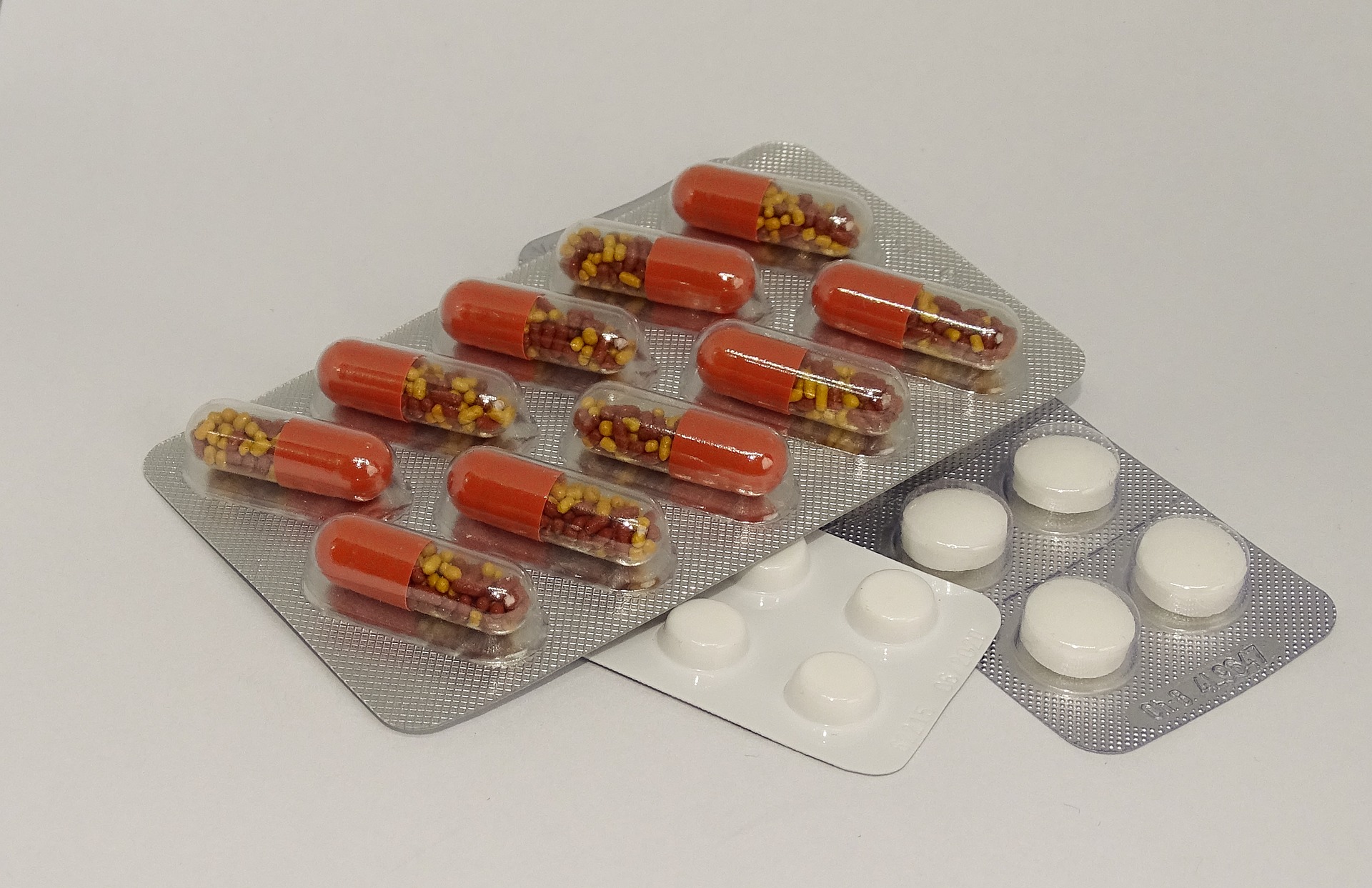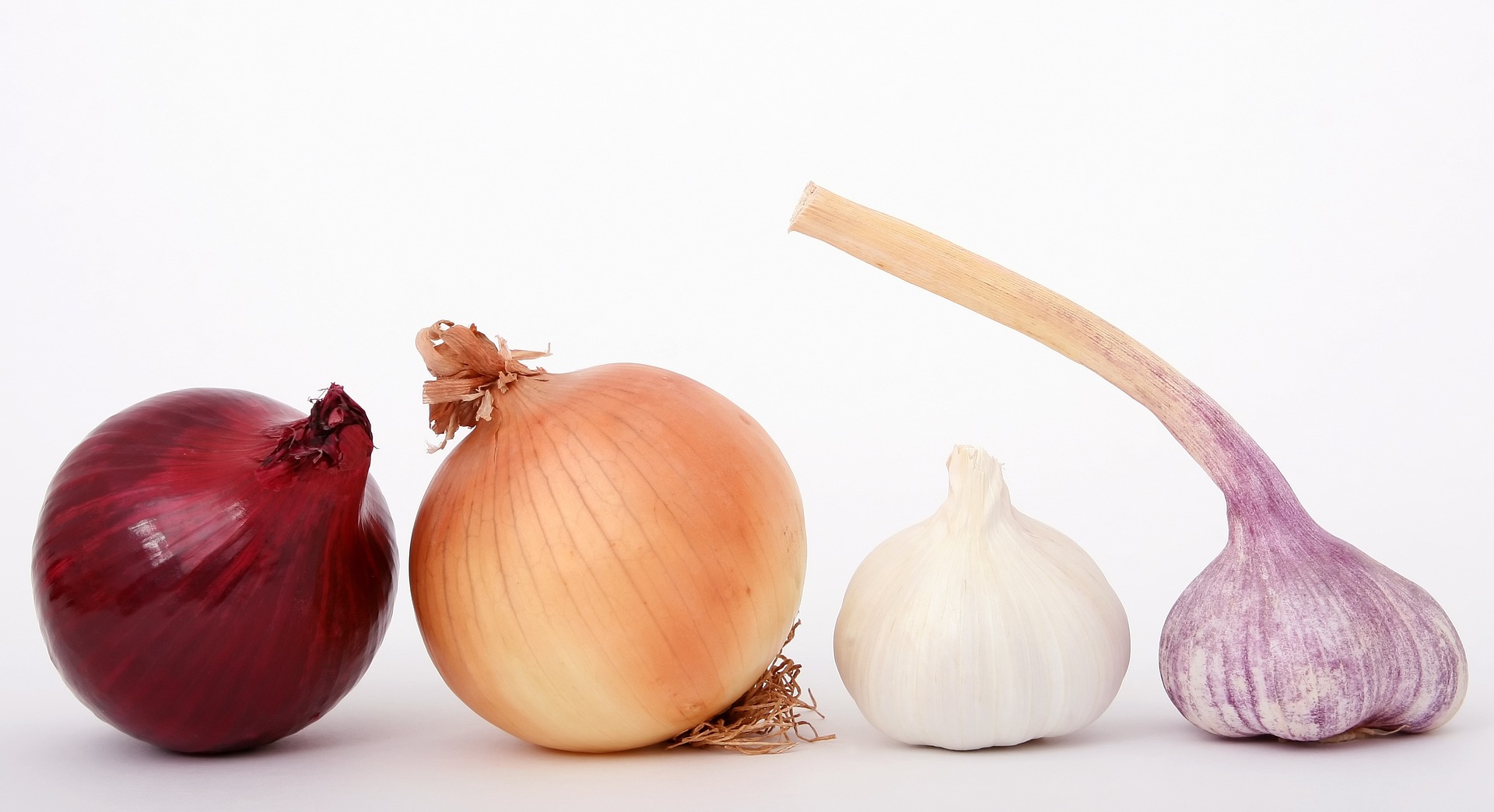Is your home hazard-free? For pets, it may not be as safe as you think. National Poison Prevention Week is the perfect time for pet owners to educate themselves about these potential dangers, including common household products and plants.
Dogs and cats are curious, checking out their environments with direct contact and taste. This is why you should be diligent in preventing poisoning in your best pet pals. Here’s what to watch out for, plus further information about treatment for pet poisoning:
Human and Veterinary Medications
Dogs are especially notorious for getting into cabinets and are very curious about bottles. If a dog accidentally ingests a human medication, he or she can become severely ill. Symptoms of human medication ingestion include vomiting, lethargy, agitation, and fever. This type of ingestion may also cause kidney and liver damage. If you notice a chewed bottle or find pills on the floor, it is important to bring your dog to the vet immediately.
Some veterinary medications can also pose a risk to your pet. While chewable tablets that look and smell like treats are very enticing to a hungry dog, the result of overdose can be lethal.

Slug and Snail Bait
This type of poisoning can cause seizures, increased body temperature, vomiting, diarrhea, and incoordination. Treatment focuses on the stabilization of vital signs, decontamination of the GI tract, and seizure control.
In some areas of the U.S., regulatory action requires that snail bait be unattractive to dogs. As a result, the incidence of poisoning has markedly decreased.
This poisoning can be extremely scary, so please make sure to keep any and all bait away from your pets, especially dogs.
Rodenticide
Rat poison can come in many forms. Rat bait containing cholecalciferol (Vitamin D) causes high calcium levels in the blood and can damage the kidneys, central nervous system, heart, and intestines.
Baits that contain bromethalin are neurotoxic, causing paralysis and possibly coma.
Brodifacoum, warfarin, and other anticoagulant rat poisons cause an inability to clot the blood and often lead to internal bleeding.
Treatment involves administering Vitamin K, which reverses the poison’s effects, and possibly giving the pet a blood or plasma transfusion.
Antifreeze
Ethylene glycol is a sweet tasting liquid used in automobiles as a coolant, antifreeze, or windshield de-icing agent. Pets that have access to garages or driveways can potentially lick the toxin off the floor.
Ethylene glycol poisoning leads to vomiting, abdominal pain, and acute (sudden) kidney failure. Pets become sick very quickly after ingestion, and treatment is only successful if started early.
You may want to try an alternative chemical antifreeze, like propylene glycol, which is relatively nontoxic to pets.
Chocolate
Dogs are sensitive to a chemical known as theobromine found in chocolate. Ingestion can cause vomiting, excitement, urinary incontinence, tremors, heart arrhythmias, and seizures in dogs. This compound is found in all types of chocolate, but unsweetened baking chocolate has the highest quantities.
An item known as cocoa mulch, made from the hulls of the cocoa bean, is used in landscaping and also contains this chemical. Dogs may ingest large amounts of this mulch when outdoors unsupervised.
Please keep all chocolate out of your pet’s reach.
Plants and food
Many plants and foods can be lethal to pets as well, though severe toxicity in these cases is rare. Several varieties of lilies—such as the Easter Lily, Tiger Lily, and Star-Gazer Lily—can cause kidney failure in cats. The Calla Lily, which is categorized in another family of flowers, can cause severe irritation of the skin and mouth, salivation, and vomiting but does not cause kidney failure. The Peace Lily only causes mild irritation of the mouth.
The Sago Palm is also extremely toxic to dogs, causing violent vomiting, diarrhea, seizures, and even death. Both the seeds and the root are toxic.
Harmful human food includes chocolate, grapes, avocados, onions, and garlic.

Xylitol
Many sugar-free gums contain xylitol, a sugar alcohol that tastes sweet but has no calories. If your dog ingests this chemical it can lead to a rapid drop in blood sugar. Symptoms include weakness, vomiting, seizures, and liver dysfunction or failure. Intravenous fluids and glucose are usually required.
Be sure to keep purses off the floor so your dog does not have access to this gum—or anything else that could be swallowed!
If you suspect that your pet has ingested a poisonous substance, contact your veterinarian immediately, or call the ASPCA Poison Control Center at (888) 426-4435 or the Pet Poison Helpline at (855) 764-7661.
